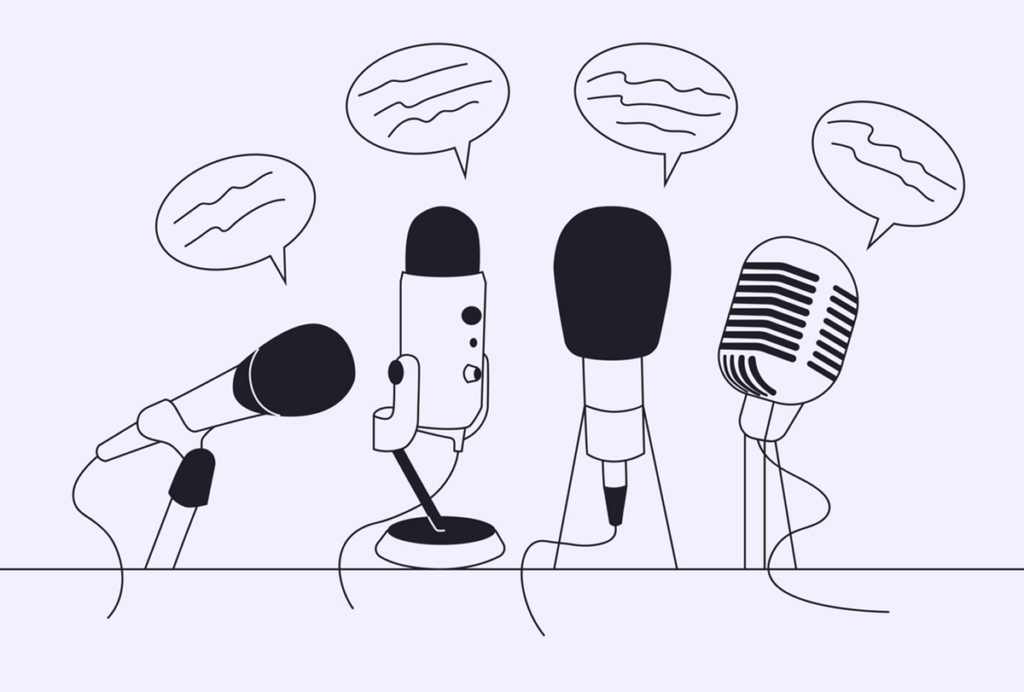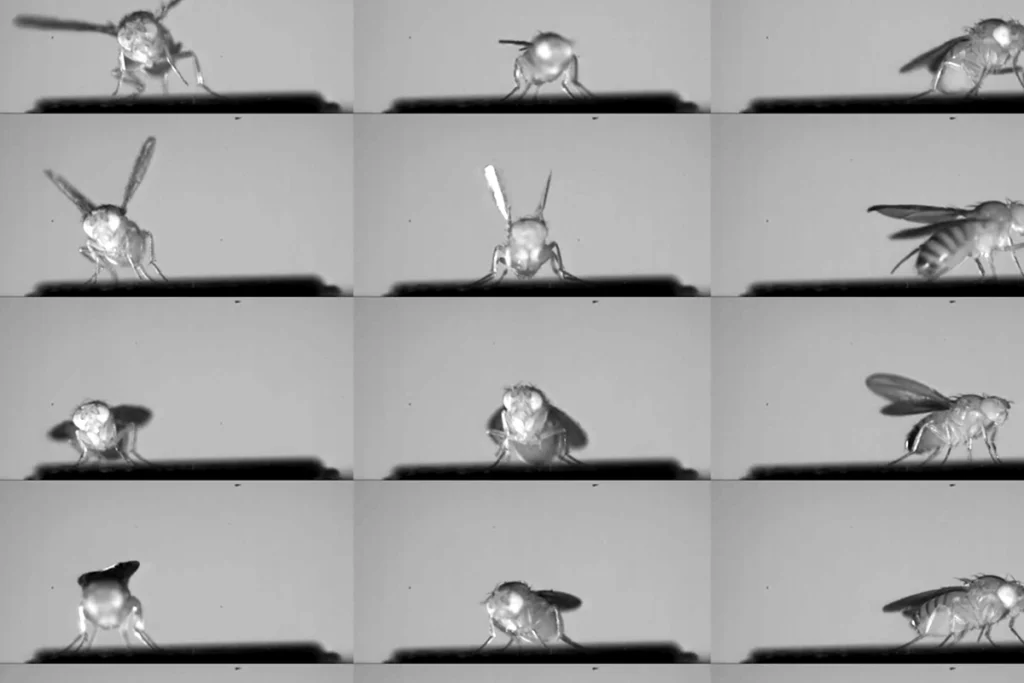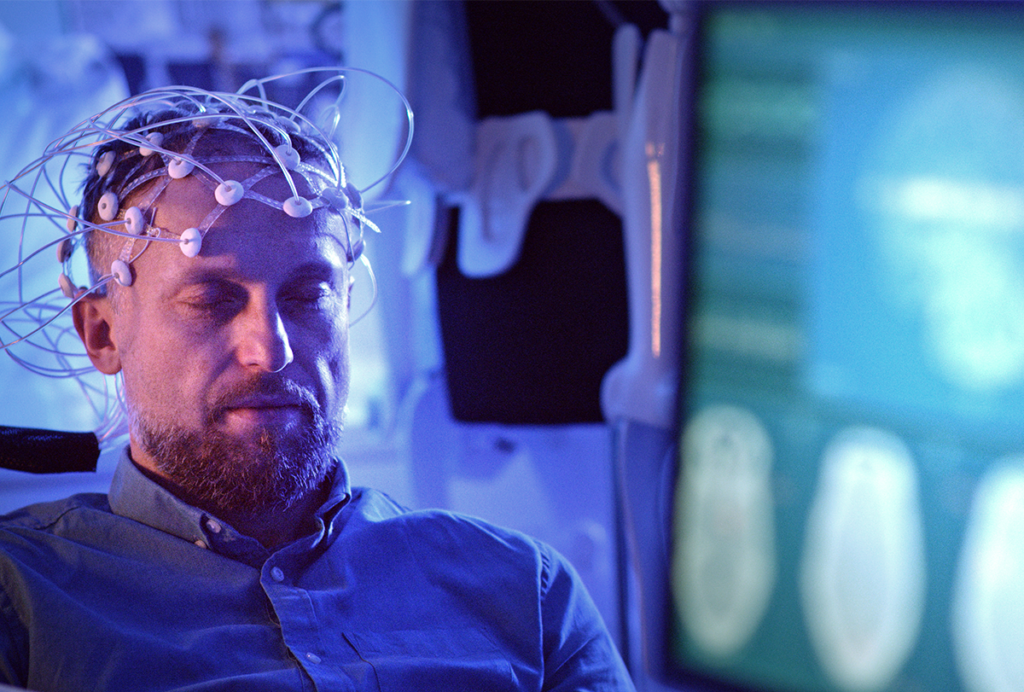Top multimedia
Recent articles
The Transmitter’s favorite podcasts of 2024
Our picks include a deep dive into dopamine, the role of PKMzeta in memory, and studying the stomatogastric ganglion.

The Transmitter’s favorite podcasts of 2024
Our picks include a deep dive into dopamine, the role of PKMzeta in memory, and studying the stomatogastric ganglion.
Seen and heard: The Transmitter’s top multimedia stories in 2023
Our audio, video and photo highlights from the past year help to transport readers into scientists’ lives and research, and the lives of their study participants.

Seen and heard: The Transmitter’s top multimedia stories in 2023
Our audio, video and photo highlights from the past year help to transport readers into scientists’ lives and research, and the lives of their study participants.
Explore more from The Transmitter
What birds can teach us about the ‘biological truth’ of sex
Part of our job as educators is to give students a deeper understanding of the true diversity of sex and gender in the natural world.

What birds can teach us about the ‘biological truth’ of sex
Part of our job as educators is to give students a deeper understanding of the true diversity of sex and gender in the natural world.
Rise in autism prevalence; and more
Here is a roundup of autism-related news and research spotted around the web for the week of 21 April.

Rise in autism prevalence; and more
Here is a roundup of autism-related news and research spotted around the web for the week of 21 April.
Noninvasive technologies can map and target human brain with unprecedented precision
But to fully grasp the tools’ potential, we need to better understand how electric and magnetic fields interact with the brain.

Noninvasive technologies can map and target human brain with unprecedented precision
But to fully grasp the tools’ potential, we need to better understand how electric and magnetic fields interact with the brain.